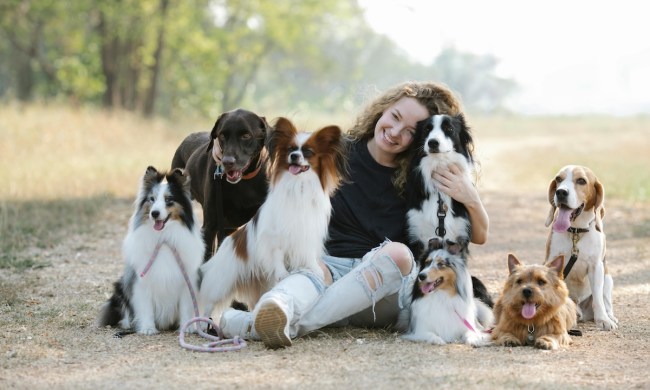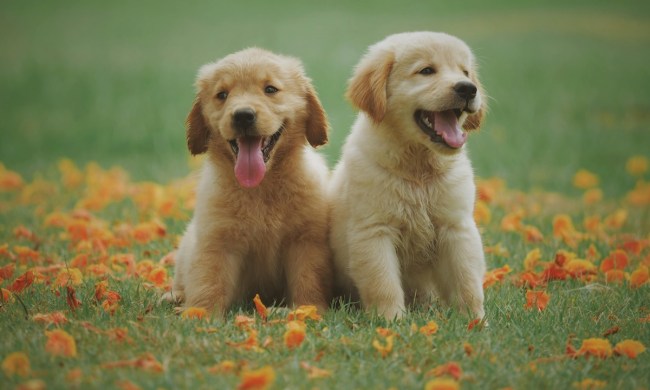Feeding your fur baby a nutrient-rich diet, making sure they get plenty of exercise, and providing them with a safe and happy home are all paramount to your pet’s well-being. But sometimes your pet gets a little too much to eat, leading to weight gain. While chubby pets are undoubtedly precious, carrying around that excess weight isn’t good for their health. If you’re spending your time searching phrases like “get pet to lose weight,” then you’re in luck. We’ve compiled an easy-to-follow guideline for pet weight loss using expert advice. Here’s what you need to know about helping your pet lose weight in the new year.
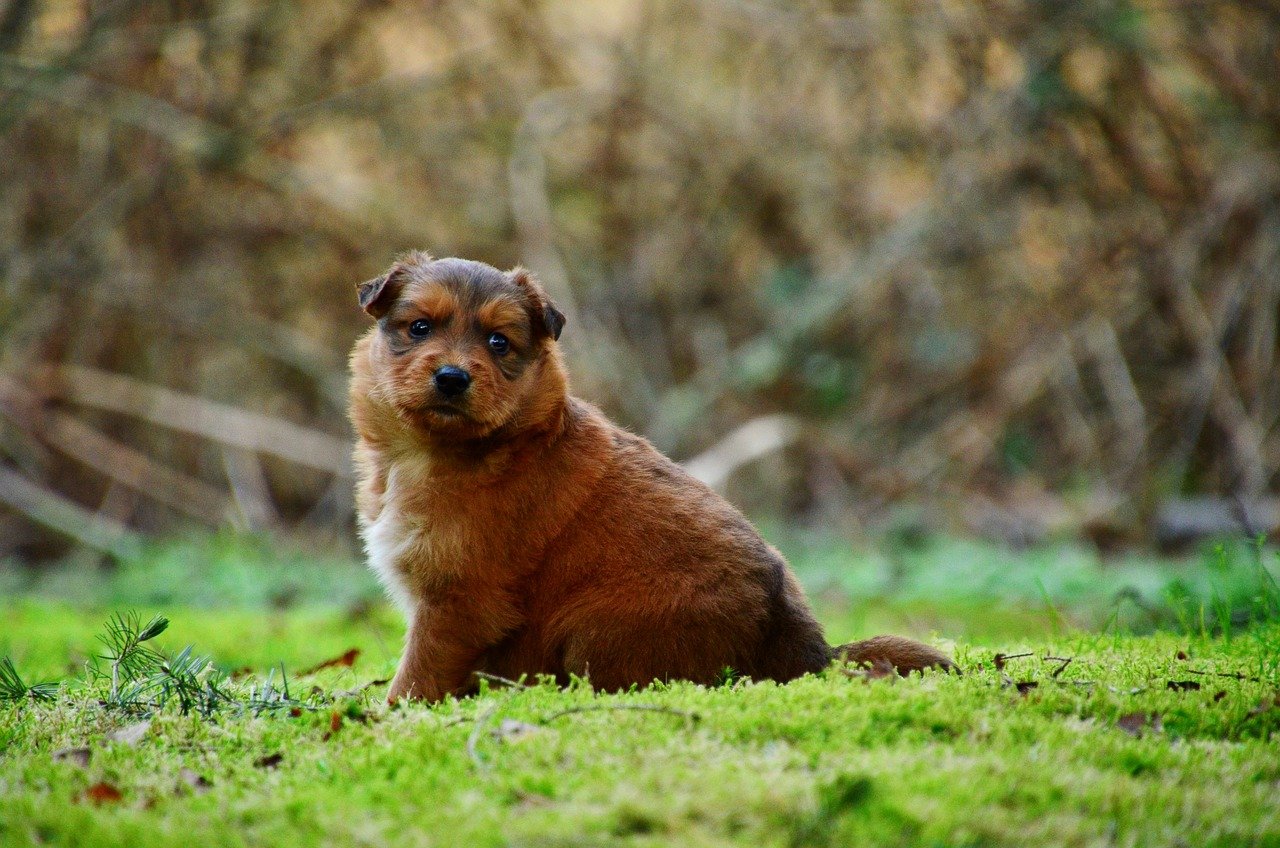
Why losing weight is good for your pet
Carrying around excess weight not only makes exercising more difficult for your pet, but it also puts them at an increased risk for a variety of health problems. Possible health issues that arise from excess weight include:
- High blood pressure
- Type 2 diabetes
- Joint issues
- Heart disease
- Osteoarthritis
- Certain types of cancer, particularly intra-abdominal cancers
Unfortunately, overweight pets tend to live shorter lives than their slimmer counterparts. Overweight pets also are less active and playful, which helps contribute to additional weight gain. Now that you know how important it is for your fur baby to maintain a healthy weight, let’s look at a few ways you can help them reach their ideal weight.
Make sure your pet eats a nutritious diet
Just like us, our fur babies gain weight by consuming too many calories and expending too few. You should always consult your veterinarian before starting your pet on a diet or fitness routine. Your vet may want to perform a checkup to ensure that your fur baby hasn’t gained weight due to an underlying health condition like hypothyroidism. If your pet is given a clean bill of health, you can get your fur baby started on a new weight loss diet plan.
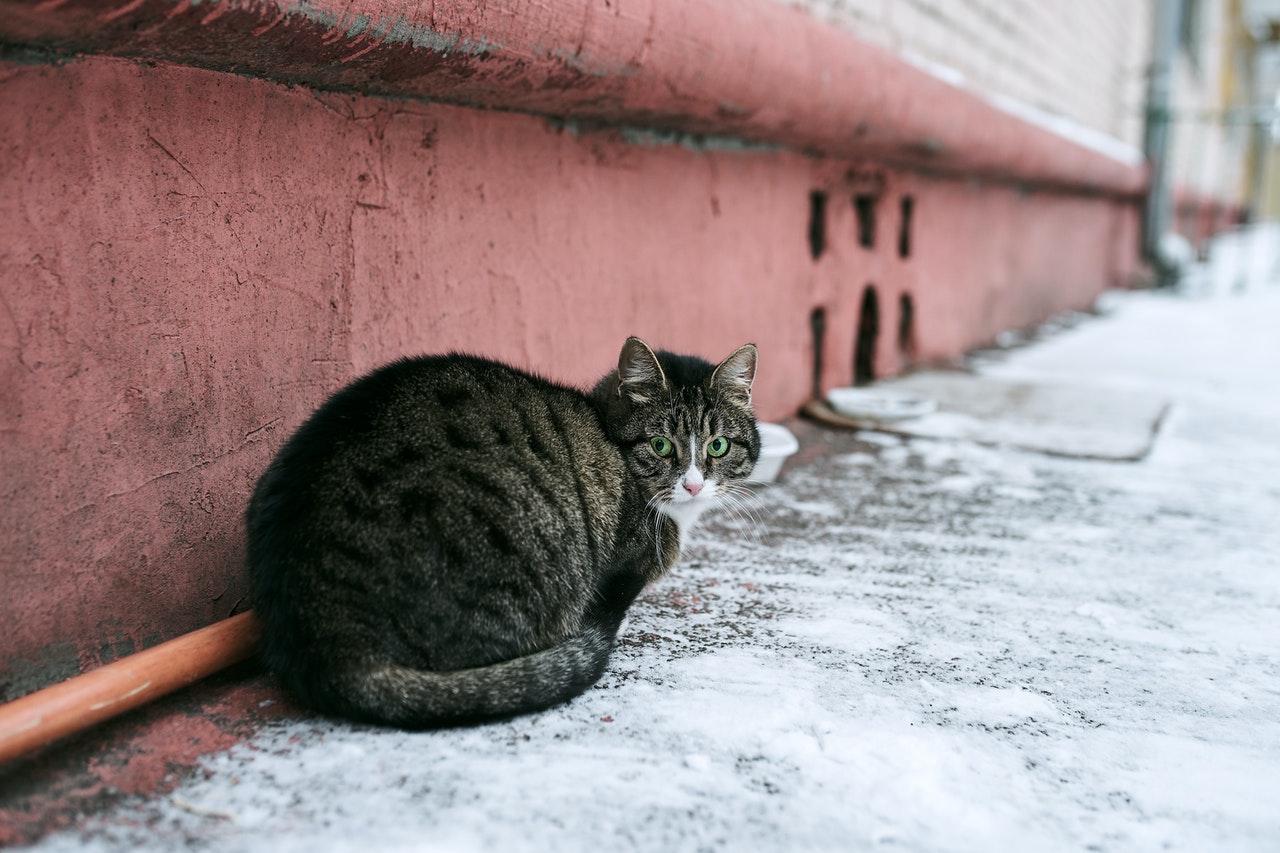
Switch to a different food
Once your vet gives the go-ahead, one of the easiest ways to help your beloved pet drop a few pounds in the new year—consider it their resolution—is by swapping their food for a weight management formula. Foods formulated for weight loss have a high-protein content and a reduced amount of the carbohydrate count typically found in pet food, helping your fur baby feel full while consuming fewer calories.
Cut down on treat time
Almost every fur baby loves treats, but snacks are nothing but empty calories. Cut back on treat time while your pet is dieting, or consider healthier, low-calorie options. For dogs, green beans, carrots, and apple slices make for a healthy, crunchy snack. Your feline friends can nosh on cooked vegetables like carrots, zucchini, broccoli, and asparagus as long as they’re shredded or finely diced.
Stick to a meal schedule
While free-feeding young puppies and kittens is a great way to ensure they get adequate nutrition, it can often lead to overeating. Instead of leaving a bowl of kibble around at all times, try feeding your pet several small meals throughout the day. By feeding your pet often rather than making food available 24/7, you’ll cut down on your fur baby’s boredom-induced snacking.
Consider a prescription diet
Dr. Joanna Woodnut tells PawTracks, “When it comes to weight loss in dogs, it’s the same as any other species – fewer calories in, and more calories out. However, reducing the calories going in can be tricky for several reasons. Firstly, your dog is likely to recognize their bowl getting smaller, and they’ll beg for food – making life harder for you! Secondly, the dog food will assume a certain amount of intake per day and will have balanced the diet for that intake. In most cases, you have to drop your dog’s intake below the grams recommended for their weight, and that means they could be getting fewer vitamins and minerals, too. Prescription diets solve both these problems. They’re less calorie-dense, so your dog’s bowl looks fuller. They also contain extra fiber, so your dog feels fuller. And they have increased vitamins and minerals, so you can be confident your dog is getting everything they need to.”
Get physical with your pet
Not only will exercise help your pet slim down, but research has shown that active pets are less likely to suffer from mental and behavioral issues. If your vet says your fur baby is healthy enough for exercise, try making their workouts enjoyable. Allow your cat to zoom around the house chasing a laser pointer. Take your pup to the local dog park and play a few games of Frisbee. Encouraging your pet to stay active in the home is also beneficial. If you still feed your fur baby the occasional treat, give it to them in a treat puzzle ball. They’ll enjoy the mental stimulation—and the tasty treat—but they’ll burn off a few calories in the process. If you have cats, get them a cat tower to climb. Cats love observing the world around them from a high perch, and your frisky felines will be more inclined to stay active if they have their own in-house jungle gym.
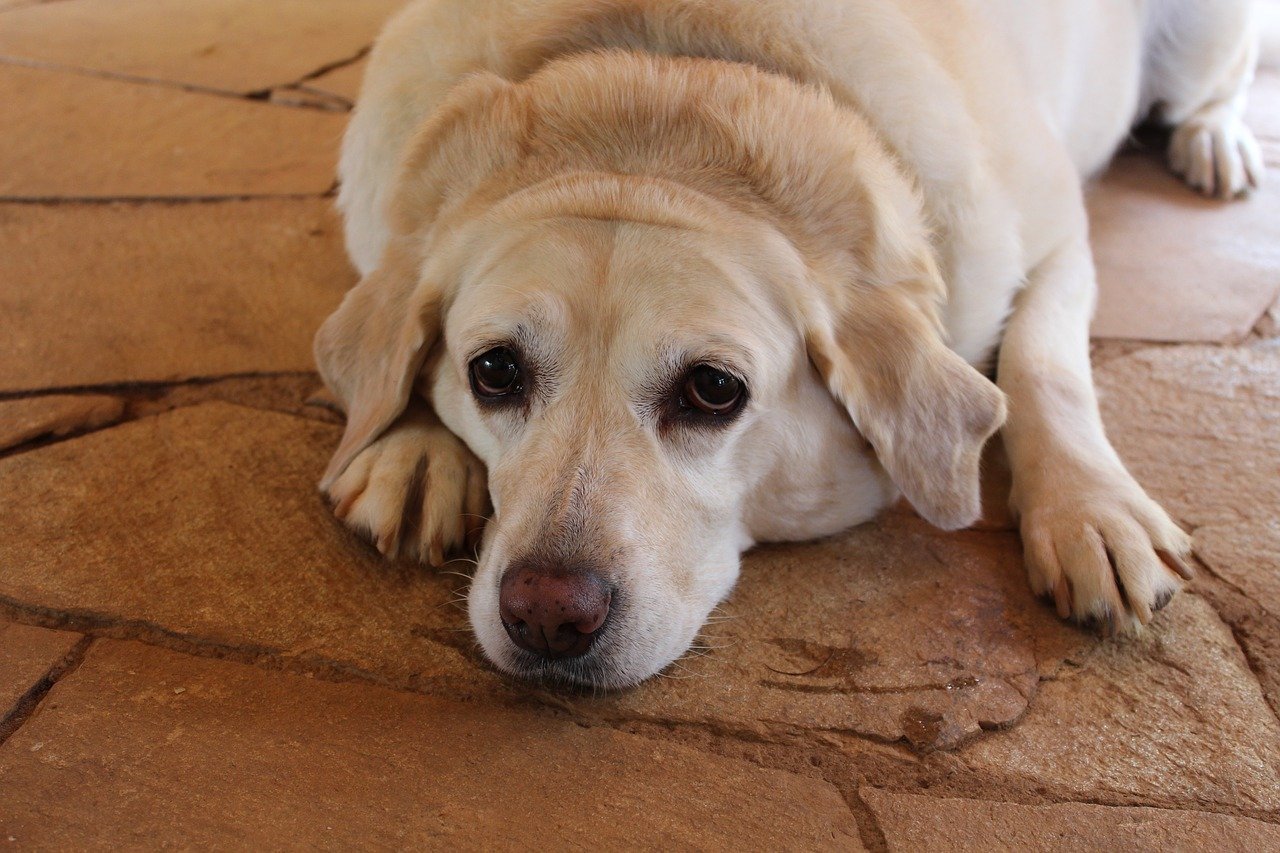
Final thoughts
Losing weight can be tough, but the same rules that apply to humans also apply to your fur baby. Reducing the number of calories your pet consumes while increasing their activity level will help those unwanted pounds melt away. Best of all, getting active with your pet also helps to strengthen your bond.

